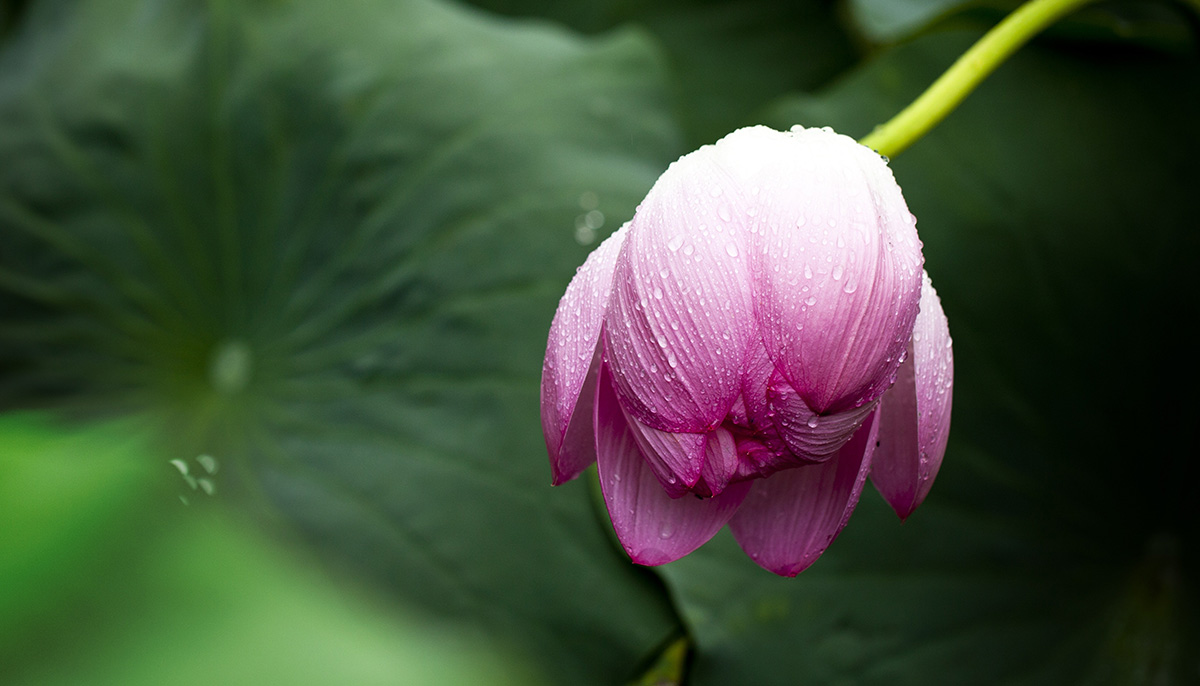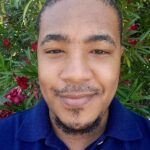At a time in my life, nothing was going as I expected it to. I was living in Chicago, Illinois, going to school for a second master’s degree, freelancing, consulting, running a rental unit, and working to build a non-profit organization in the city. It was hectic, but it seemed comfortable at the time. Even though I was trying to take care of my mental health by taking medication for depression and ADHD, I was burning out and becoming overly stimulated. When the Covid-19 pandemic surfaced in 2020, all my goals and so-called opportunities vanished one by one.
One night, I was sitting alone in my apartment, newly single and recently fired from my job. I decided to call a cousin living in Tucson, Arizona, packed up two suitcases, and left Chicago for Tucson with the hopes of making a change. I soon discovered that I had no access to mental health care assistance in Tucson, and the difficulties of changing my health insurance were difficult to navigate. Within a few weeks, I began hearing voices from the walls. This experience coupled with my depression and ADHD was terrifying. I heard voices creeping around me saying that they would find and kill me, and that no matter what I did, I would fail and die. These auditory hallucinations made me feel like there was an audio device in my head, or someone following me and hacking my phone, or I was stuck in some psycho horror film. I was paranoid and isolated. How could I pay attention to the present moment under these conditions?
When we chant, it’s like our mouths become the hands of the buddha.
I turned to Nichiren bishop Myokei Caine-Barrett, Shonin, for advice, who reminded me to have faith and to make my practice the foundation of my life, by referencing Nichiren’s writing Reply to Kyo’o. In this writing, Nichiren sends encouragement to Kyo’o, Shijo Kingo’s infant daughter who became seriously ill. As a form of encouragement, Nichiren writes to Kyo’o, “Namu-myoho-renge-kyo is like the roar of a lion. What sickness can therefore be an obstacle?”
The 13th-century Buddhist priest Nichiren Daishonin held a sheer determination to spread the teachings of the Lotus Sutra, despite enduring a life of hardships. In my own struggles with mental health, his story has served as inspiration, showcasing how a firm resolve in one’s practice can help overcome obstacles.
In Nichiren’s writing Nakatsukasa Saemonnojo-do-no (Reply to Nakatsukasa Saemon-no-jo), he explains illness to a devout follower and samurai, Shijo Kingo. There are two kinds of illness, he says: illness of the body and illness of the mind. Nichiren tells Shijo that it doesn’t require a buddha to cure illness of the body, which I see as true, as we have skillful doctors working within their specialized craft for those in need. However, it can require more than a skillful doctor to heal the mind. Instead, says Nichiren, curing the illness of our minds requires our daily practice.
Those who uphold the Lotus Sutra believe that we are all buddhas in our present body. Furthermore, even if you don’t believe the Lotus Sutra, but rejoice at the hearing of the Odaimoku, the merit received is enormous.
Despite the daily hardships of life, our faith remains strong in our practice. Nevertheless, we sometimes find ourselves overwhelmed by the complexities of life, which can negatively impact our mental health. The inevitable overwhelm of life, coupled with increasing rates of prescribed mental health medication in the United States, allude to a national mental health crisis. In 2020, The National Alliance on Mental Illness shared that one in five adults in the U.S. — roughly 52.9 million people — have experienced mental illness.
Human becomers, growing towards the beautiful moment in which we shall all become buddhas.
There are two largely unrecognized groups facing mental health issues in the United States: Black and Hispanic men. In Tori DeAngelis’ article titled “Black Men’s Mental Health Matters,” she states that only 26.4% of Black and Hispanic men ages 18 to 44 who experience daily anxiety attacks and depression are likely to use mental health services, compared to the 45.4% of non-Hispanic white men who utilize these services. According to the American Psychiatric Association, only one in three Black adults who need mental health care services receive it, indicating that while Black and Hispanic men do utilize some services, it’s difficult to gain access. Overall, there exists a lack of health providers recognizing the unique contextual differences of Black and Hispanic patients.
When my mental health waned, I discovered that getting serious with my practice helped. In the Nichiren practice, we chant the Odaimoku: Namu Myoho Renge Kyo. When we chant, it’s like our mouths become the hands of the buddha, and our minds become the mind of the buddha. When I was struggling the hardest, I got up, and I chanted, even as the voices in my head droned on. I chanted before I went to bed, and listened to recordings of the Odiamoku while I slept. On the days I felt like giving up, I had my sangha supporting me and giving me love. I didn’t chant for anything specific, but to mature from the situation I was in. I submerged myself in the Odaimoku. Over time, the voices settled to mere whispers whenever I got anxious. The situation didn’t change, but my view did: I wasn’t afraid anymore. My faith was strengthened and polished by this harsh situation — as fear dissolved, wisdom grew.
My journey isn’t over. There is still much for me to learn and overcome, but I share my story to encourage others to keep their heads held high. If you chant the Odiamoku, keep chanting it. If another Buddhist practice works for you, I suggest you keep at it. Remember that in the end, we are all human becomers, growing towards the beautiful moment in which we shall all become buddhas. In life, there will be trouble, but practitioners can make “good trouble,” as the Civil Rights icon and late U.S. Representative John Lewis called it, because there are political issues at hand that require our help as bodhisattvas. Trust in your practice.
It is promised by Shakyamuni Buddha to Star-King Flower in Chapter 23 of the Lotus Sutra that “this sutra saves all living beings.” No matter what situation you may be in, engage in the practice that connects you to the cosmic law. If the outcome looks dire, dreadful, or some form of doubt nestles upon your heart, that’s the moment when the Odaimoku taps you and reminds you that you are the hopes and dreams of the enslaved, the persecuted, the lost, the ignored, the forgotten, and the oppressed — so rise!
This article is not intended to provide or replace treatment options for those who may suffer from clinical depression or other forms of mental illness.
If you are in need of help, you can call the National Suicide Prevention Lifeline at 1-800-273-TALK (8255) to access free, 24/7 confidential service for people in suicidal crisis or emotional distress, or those around them. The Lifeline provides support, information, and local resources. You can also text the Crisis Text Line at 741-741 for free 24/7 support with a trained crisis counselor right away.

